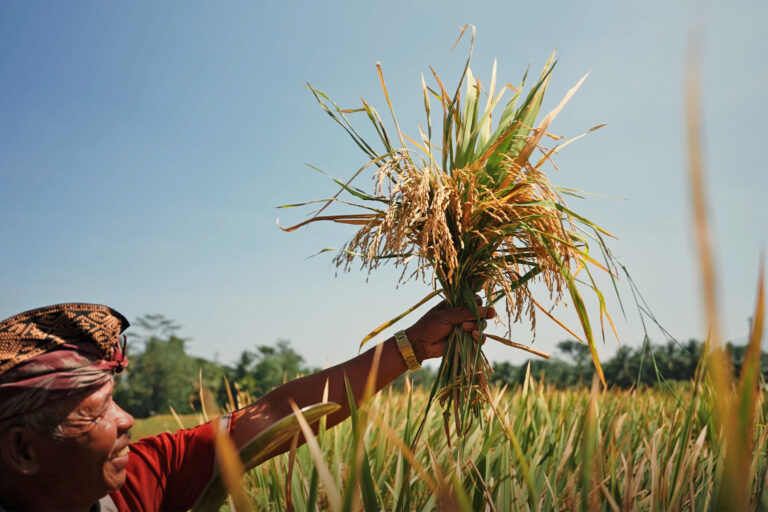Sustainable Agriculture: IRRI’s Role in Reducing Methane Emissions in Rice Paddies
Introduction
The International Rice Research Institute (IRRI) is at the forefront of efforts to tackle climate change in agriculture by addressing methane emissions from rice paddies. Methane, a potent greenhouse gas, significantly contributes to global warming, and rice farming accounts for a considerable share of these emissions. IRRI's initiatives, such as the Climate-Smart Mapping and Planning Tool (CS-MAP), aim to support sustainable farming while preserving farmers' livelihoods.
The Impact of Rice Cultivation on Methane Emissions
Rice paddies are a major source of methane due to the anaerobic decomposition of organic matter in flooded fields. This process is exacerbated by traditional farming practices that do not prioritize sustainability. With global rice demand expected to grow, addressing emissions is critical to achieving climate goals outlined in agreements like the Paris Accord.
IRRI’s Climate-Smart Approach
IRRI’s Climate-Smart Mapping and Planning Tool (CS-MAP) represents a transformative approach to managing climate risks in rice farming. This participatory tool enables stakeholders to identify high-risk areas, plan mitigation strategies, and monitor outcomes effectively. By integrating local knowledge with advanced technology, IRRI ensures its solutions are practical and scalable.
Capacity Building and MRV Systems
IRRI emphasizes capacity building among farmers and policymakers. It is developing Monitoring, Reporting, and Verification (MRV) systems to track progress in reducing emissions. These systems are vital for securing carbon credits, which can provide additional income to farmers. IRRI's collaboration with governments, including Cambodia's, demonstrates its commitment to localized solutions.
Global Partnerships and Funding
Key to IRRI’s success is its collaboration with global partners, including donor organizations and national governments. Countries like New Zealand have supported IRRI’s initiatives financially and technically, helping adapt tools to specific regional contexts.
Farmers at the Core of Change
IRRI ensures that methane-reduction strategies do not compromise farmers' productivity or income. For example, by exploring alternative wetting and drying techniques and using rice varieties that emit less methane, IRRI balances environmental benefits with economic sustainability.
Future Implications
Efforts to reduce methane emissions from rice paddies have global implications. They not only contribute to climate change mitigation but also enhance food security and foster resilience among farming communities. As climate challenges intensify, IRRI’s work serves as a model for sustainable agriculture worldwide.
Conclusion
IRRI’s innovative projects highlight the potential for agriculture to transition toward sustainability without sacrificing productivity. By addressing methane emissions, supporting farmers, and fostering global partnerships, IRRI is paving the way for a greener future. The journey ahead requires continued commitment and collaboration to ensure that these solutions benefit farmers and the planet alike.
Read More






 Saturday, 31-01-26
Saturday, 31-01-26







